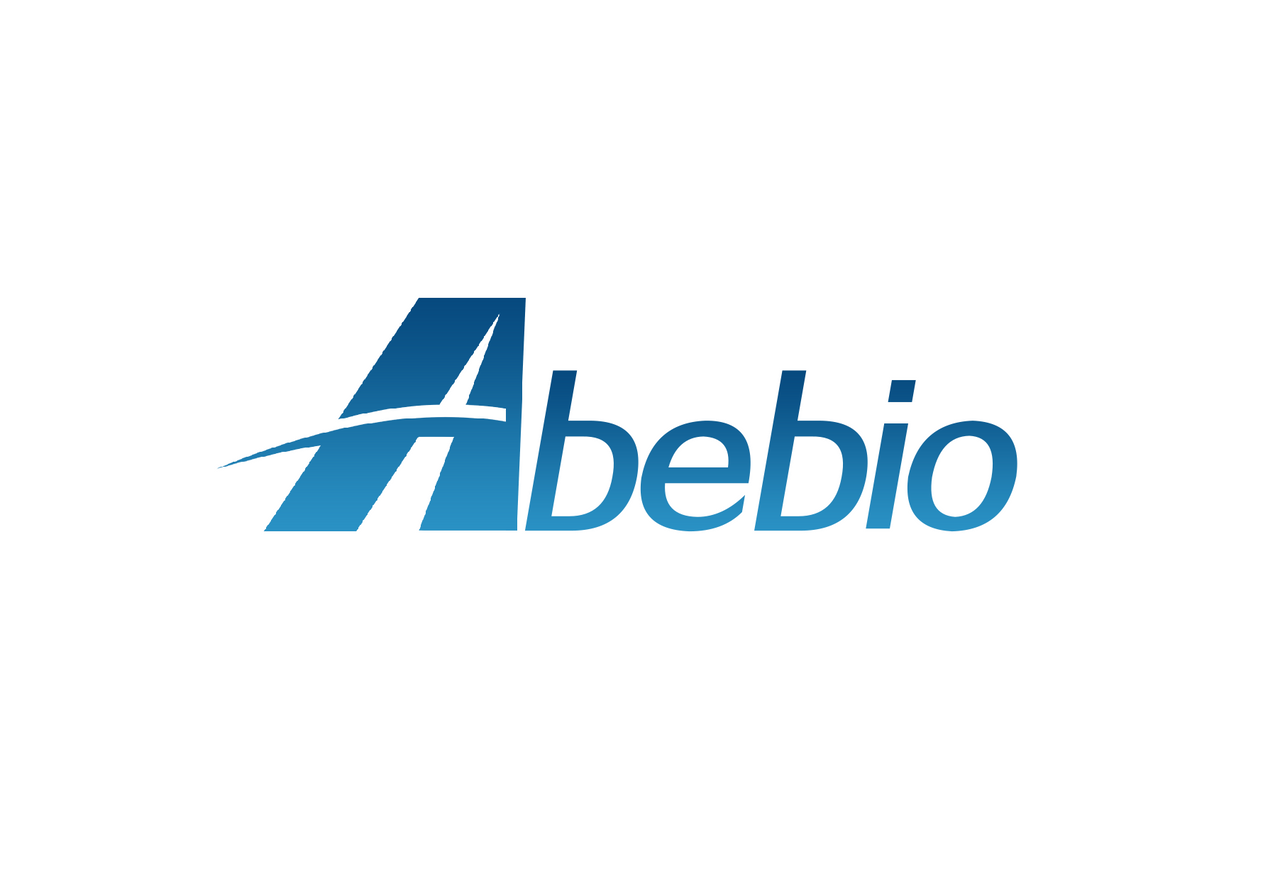Product Description
Rat Sonic hedgehog protein (SHH) ELISA Kit | AE19610RA | Abebio
Species Reactivity: Rat (Rattus norvegicus)
Abbreviation: SHH
Alternative Name: HHG1; HLP3; HPE3; MCOPCB5; SMMCI; TPT; TPTPS; sonic hedgehog
Application: ELISA
Range: 1.56-100 ng/mL
Sensitivity: 0.59 ng/mL
Intra-Assay: ≤5.8%
Inter-Assay: ≤7.1%
Recovery: 1, 04
Sample Type: Serum, Plasma, Other biological fluids
Detection Method: Sandwich
Analysis Method : Quantitive
Test Principale: This assay employs a two-site sandwich ELISA to quantitate SHH in samples. An antibody specific for SHH has been pre-coated onto a microplate. Standards and samples are pipetted into the wells and anySHH present is bound by the immobilized antibody. After removing any unbound substances, a biotin-conjugated antibody specific for SHH is added to the wells. After washing, Streptavidin conjugated Horseradish Peroxidase (HRP) is added to the wells. Following a wash to remove any unbound avidin-enzyme reagent, a substrate solution is added to the wells and color develops in proportion to the amount of SHH bound in the initial step. The color development is stopped and the intensity of the color is measured.
Product Overview: Sonic hedgehog (Shh) is a member of a small family of secreted proteins that are essential for development in both vertebrates and invertebrates. In mammals, there are three related hedgehog genes (sonic; desert; Indian) which share approximately 60 % amino acid (aa) identity. Human Shh is synthesized as a 437 aa precursor that contains a 24 aa signal sequence and a 413 aa mature region. The mature region is autocatalytically processed into a nonglycosylated, 20 kDa, 174 aa N-terminal fragment (Shh-N), and a catalytic-processing, glycosylated, 34 kDa, 239 aa C-terminal fragment.The 20 kDa Shh-N fragment is the core of the active hedgehog molecule. It begins with a Cys and ends with a Gly, and both amino acids are sites of lipid modification.
Stability: The stability of ELISA kit is determined by the loss rate of activity. The loss rate of this kit is less than 5% within the expiration date under appropriate storage condition. The loss rate was determined by accelerated thermal degradation test. Keep the kit at 37°C for 4 and 7 days, and compare O.D.values of the kit kept at 37°C with that of at recommended temperature. (referring from China Biological Products Standard, which was calculated by the Arrhenius equation. For ELISA kit, 4 days storage at 37°C can be considered as 6 months at 2 - 8°C, which means 7 days at 37°C equaling 12 months at 2 - 8°C) .
 Euro
Euro
 USD
USD
 British Pound
British Pound
 NULL
NULL








